This article first appeared in the Money+Power issue of British Journal of Photography. Sign up for an 1854 subscription to receive the magazine directly to your door.
Here, in relation to their own diverse experiences, cultures and practices, Phumzile Khanyile, Atika Zata, Chase Barnes, Heja Rahiminia, Leia Ankers and David Severn explore questions of control
Control is complex. In some instances it is important – even essential – that we remain in control. Women must be in control of their bodies, traditional owners must remain in control of their land, and we must all remain in control of our stories. Increasingly, however, control is lost by those who need it – forcibly taken from its rightful owners by those in positions of power.
What happens when governments attempt to diminish the rights of unions and workers? When the media seeks to twist and rewrite the narratives of the vulnerable? Or when technology giants prioritise and reward the spread of hatred?
Phumzile Khanyile
“This work has taught me that no one is going to treat you well based on money – they either love you or they don’t. This journey has also taught me my worth. I come from Africa, where although we play with plastic crowns, we forget that the real jewels are literally beneath our feet. Plastic Crowns is based on symbolism. I use metaphors based on the power of being able to redirect one’s narrative, the power of our natural resources and jewels from this continent. The work is also a reminder to every single person that you can take part in your own storytelling. We are all worthy of a red carpet, plastic or not.”
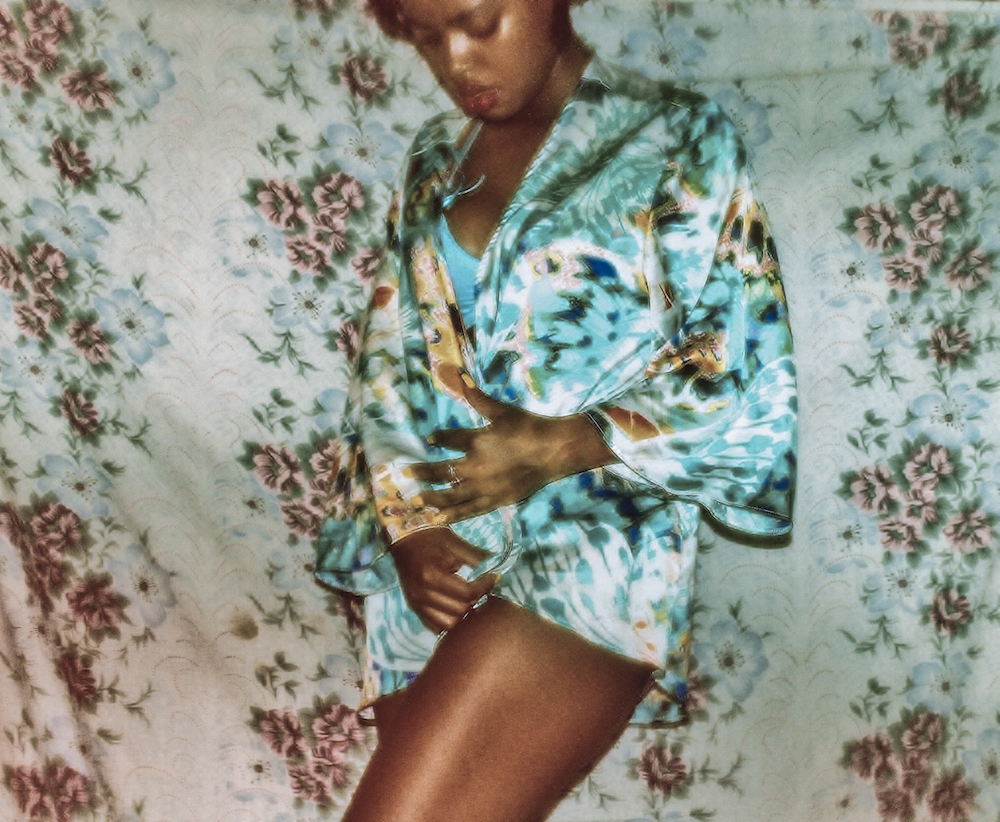
Atikah Zata
“Saf is a farm labourer. He works on his brother’s rice field, carrying sacks of rice weighing up to 40kg. This story is a journey through Indonesia, a place that often sells itself as an agricultural country, but the reality doesn’t match expectations. There are many problems in the Indonesian agricultural system, including its treatment of farmers. As the climate crisis continues to worsen, urban farming communities play an increasingly important role in supporting food security for themselves and nearby communities. In this project, I am trying to document the farmers’ lives, their future and relationship with Indonesia.”
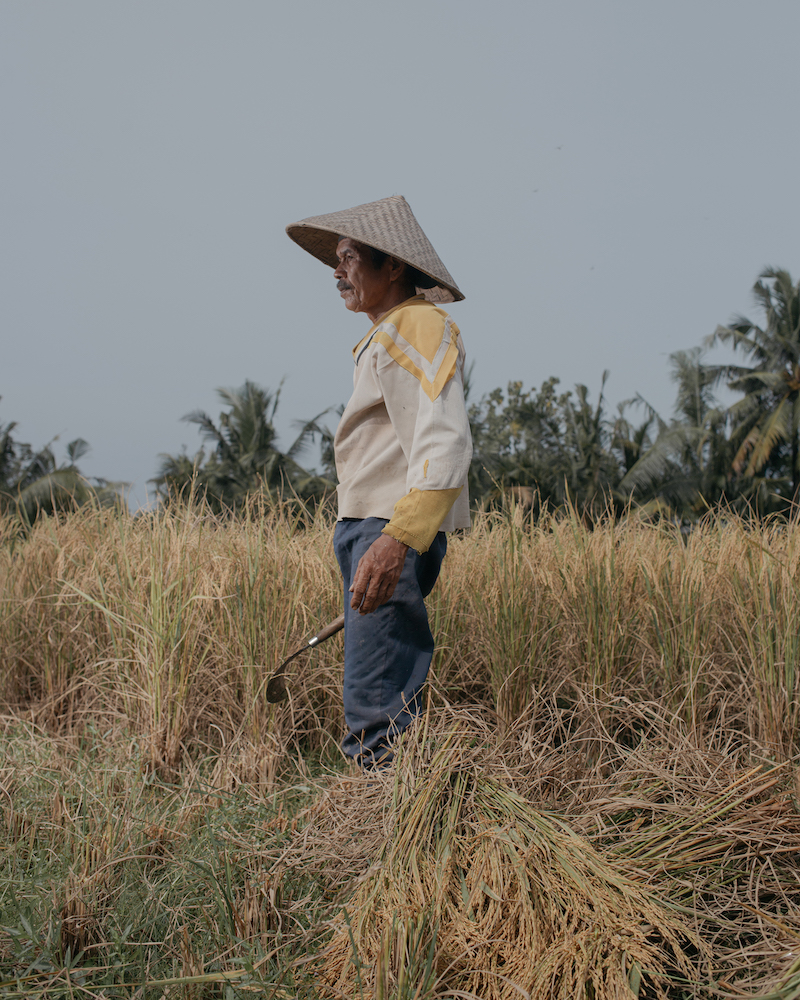
Chase Barnes
“The forces that direct and exert influence in our world are multiform and invisible. My series Wilderness of Mirrors endeavours to visualise contemporary mechanisms of control, which employ technology, anxiety and images as a means to destabilise and restructure belief. These discrete social and technological systems are embedded into the fabric of everyday life, and serve to reinforce and advance dominant structures of capital and power. This photograph was made in 2018 at the Renaissance Center, a complex of seven skyscrapers in Detroit, Michigan, containing a convention centre and the General Motors world headquarters. In the series, this image functions at face value – on a large LED display, a white hand operates a machine in the central tower of massive, labyrinthine architecture.”
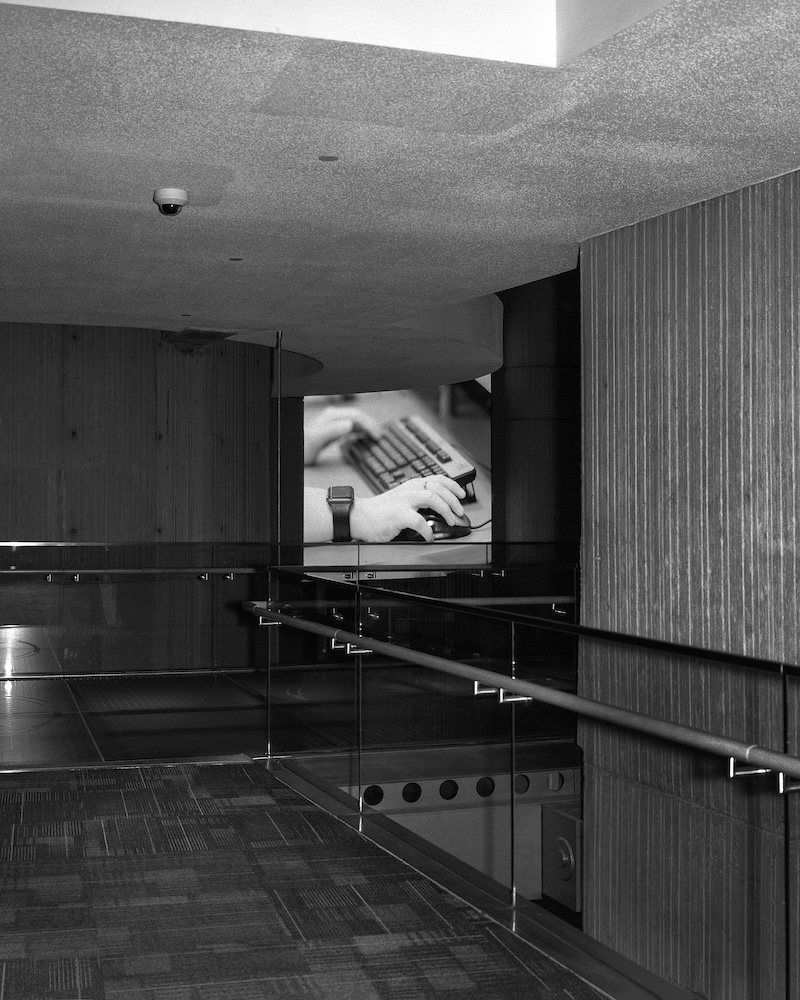
Heja Rahiminia
“Since 1983, four years after the Islamic Revolution in Iran, hijab became mandatory for all women. Compulsory hijab for girls starts from a young age and they are forced to observe it in public places, work and study. Hijab has now become a political symbol in Iran. A few months ago in Tehran, a Kurdish young woman named Jina (Mahsa) Amini was arrested for allegedly not wearing the hijab in accordance with government standards. She died as a result of police brutality, and the incident became the basis of a widespread protest for women’s freedom of choice and against compulsory hijab as well as social injustices. This photograph is from a series about mandatory rules and especially the compulsory hijab as a tool of the regime to control women in Iran.”
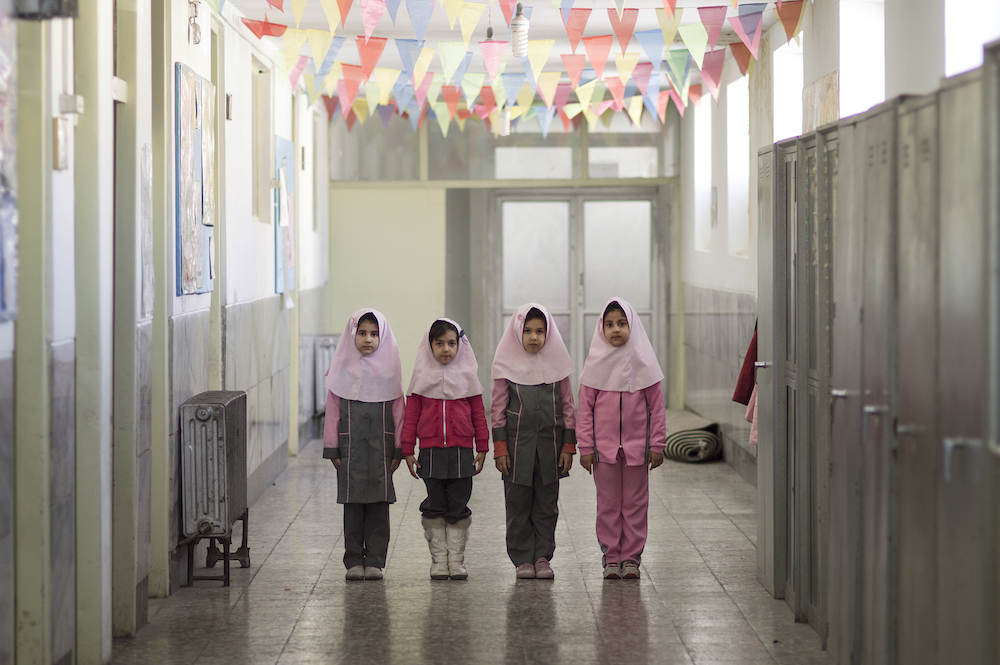
Leia Ankers
“It has only been in the last couple of years that I’ve come to identify myself as a disabled woman. Embracing my disability has not been an easy journey, but in 2019 I was done pretending – I had let the fear of others’ prejudices control my life for too long. I started giving a lot of thought to the representation of disabilities in the media – always shown from a medical point of view and through dependency on others, rather than focusing on the entire person and what they have done for themselves. I want people to see that individuals with disabilities, whether they be visible or invisible, don’t have to live with this narrative of fear and pity, or have to be inspiring to be seen as deserving. I want to exhibit the strength and empowerment of people with disabilities and show how they have surpassed the limits enforced by society.”
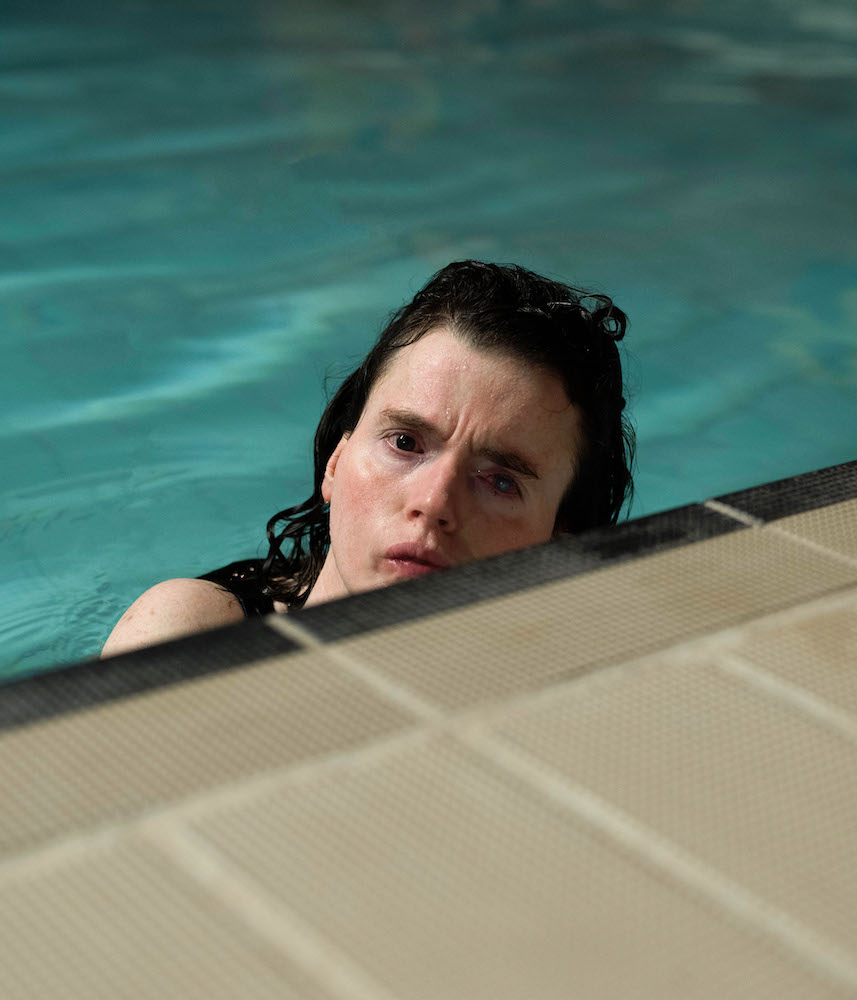
David Severn
“This is Geoff Poulter, a former Nottinghamshire coal miner, who came out on strike with the National Union of Mineworkers during the infamous 1984–85 miners’ strike. The image is from my series Thanks Maggie, which explores life and culture within the Nottinghamshire and Derbyshire coalfield. He is wearing his prized mining helmet, which he wore from the age of 15, when he began work in the pits. Poulter was in the minority as a striking miner in Nottinghamshire, as the non-striking Union of Democratic Mineworkers had become the dominant union in that area. The sociopolitical reasons behind this are highly complex and much debated but, in part, the authorities had helped to orchestrate a divided workforce, pitting workers against each other and ultimately handing control to the government. The divide-and-conquer strategy succeeded and the strike was lost, greatly diminishing the prominence and strength of trade unions in Britain.”
